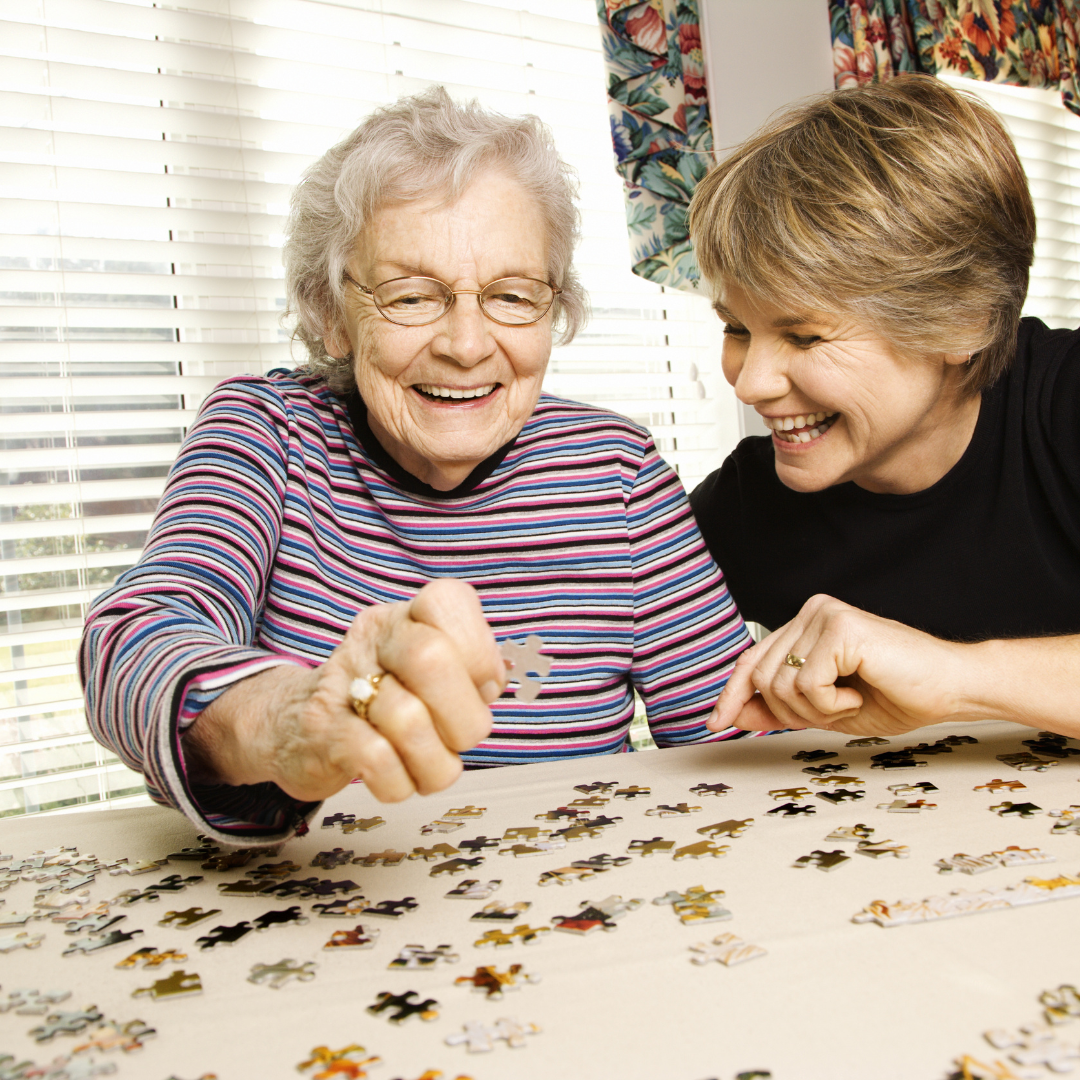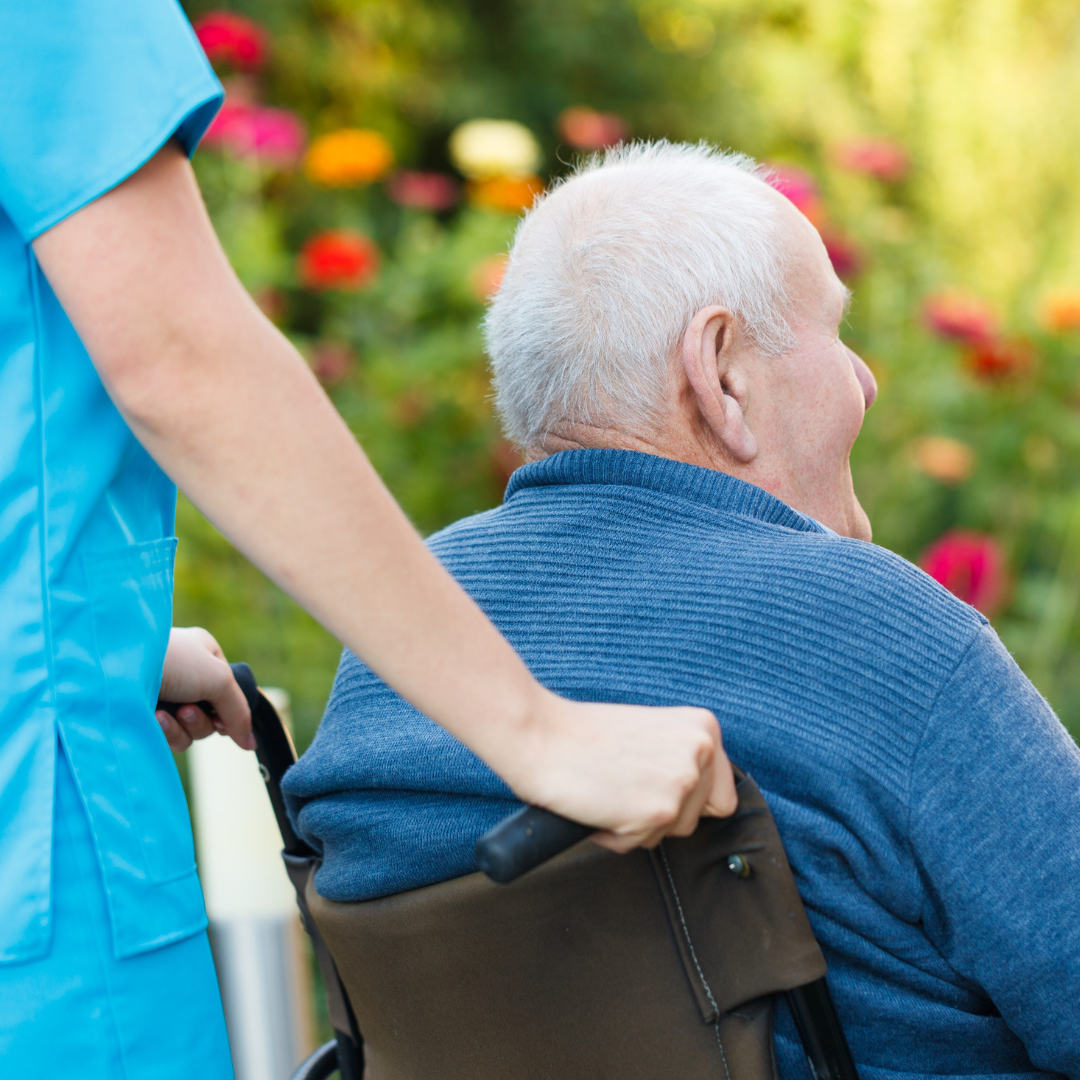That opportunity finally came when her organization launched a training program to support workers like her. The program was created for people in non-clinical roles who were interested in transitioning into care positions but hadn’t had the chance or resources to pursue formal education.
Maria applied. She was hopeful, but unsure. Balancing work and life while learning something completely new was no small task. But the program was thoughtfully designed to support people with lived experience. It included hands-on training, flexible learning, and mentorship from those who had walked a similar path.
“It wasn’t easy,” she admitted. “There were moments when I doubted myself. But every time I stepped into the classroom or practiced during my shifts, I remembered why I started. I wanted to care. I wanted to make a difference.”
And she did. Maria completed her training, passed her certification, and became a full-time Health Care Aide in the very same care home where she once cleaned rooms. Now, she supports residents with daily tasks, provides comfort in their most vulnerable moments, and brings a quiet strength to her team that has not gone unnoticed.
When we shared Maria’s story, it resonated deeply with our audience. Her journey reminded people that workforce development is not just about numbers or policy. It’s about real people. It’s about dignity, growth, and opportunity.
For policymakers, her story brought clarity. It helped shift the conversation from abstract systems to human experience. It showed how compassionate, community-based care transforms lives—not only for the people receiving care, but also for those providing it.
For staff across the sector, Maria’s story sparked something powerful. Workers who often feel unseen saw themselves in her. They felt encouraged, motivated, and proud. Some even began exploring their own opportunities for growth.
Maria’s journey reminds us what’s at the heart of this work. And it’s our privilege to share stories like hers—stories that inspire, uplift, and open new doors.
*Name changed for privacy.

Related Content
Learn more about resident quality of life.

Family caregivers
Only 5% of seniors will ever need care in a continuing care facility. The remaining 95% will often look to family caregivers to support their health, safety, and well-being at home.

Family and resident councils
Did you know it’s mandatory in Alberta for all licensed care homes with four or more residents to have a council for residents and families to discuss concerns?

Mission driven care
Non-profit care homes with a mission to serve offer a unique and meaningful working environment.
